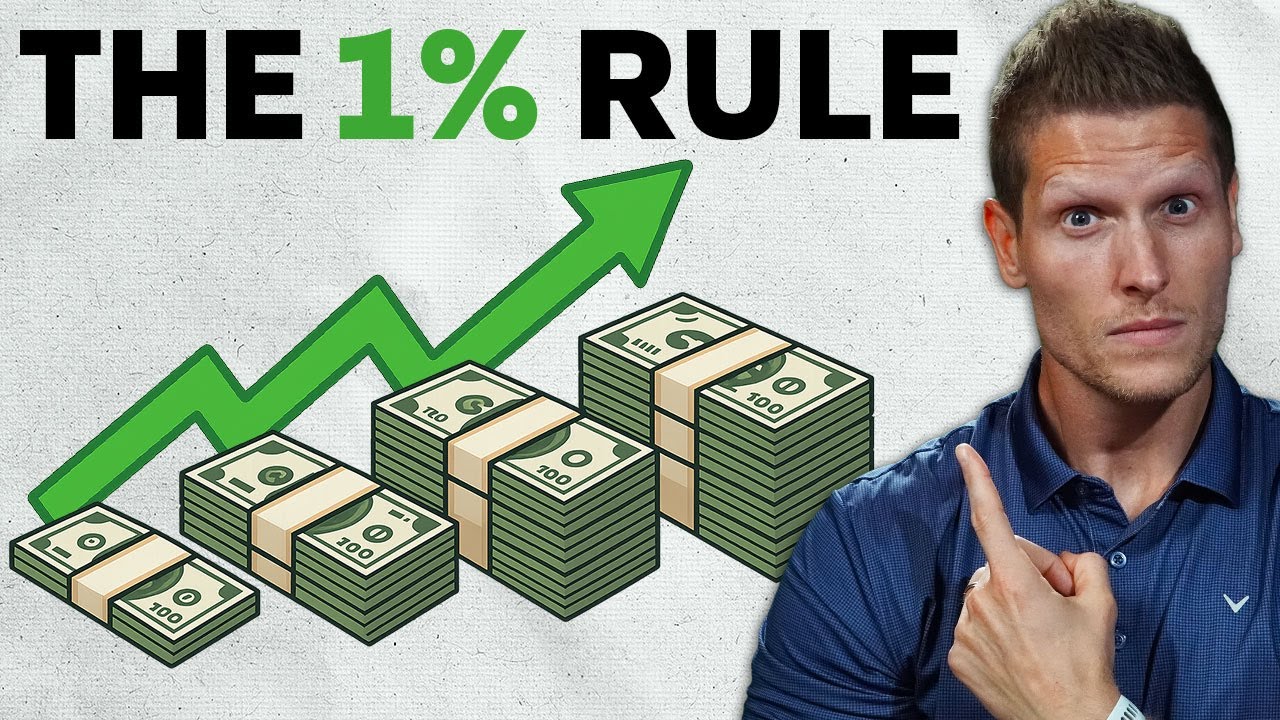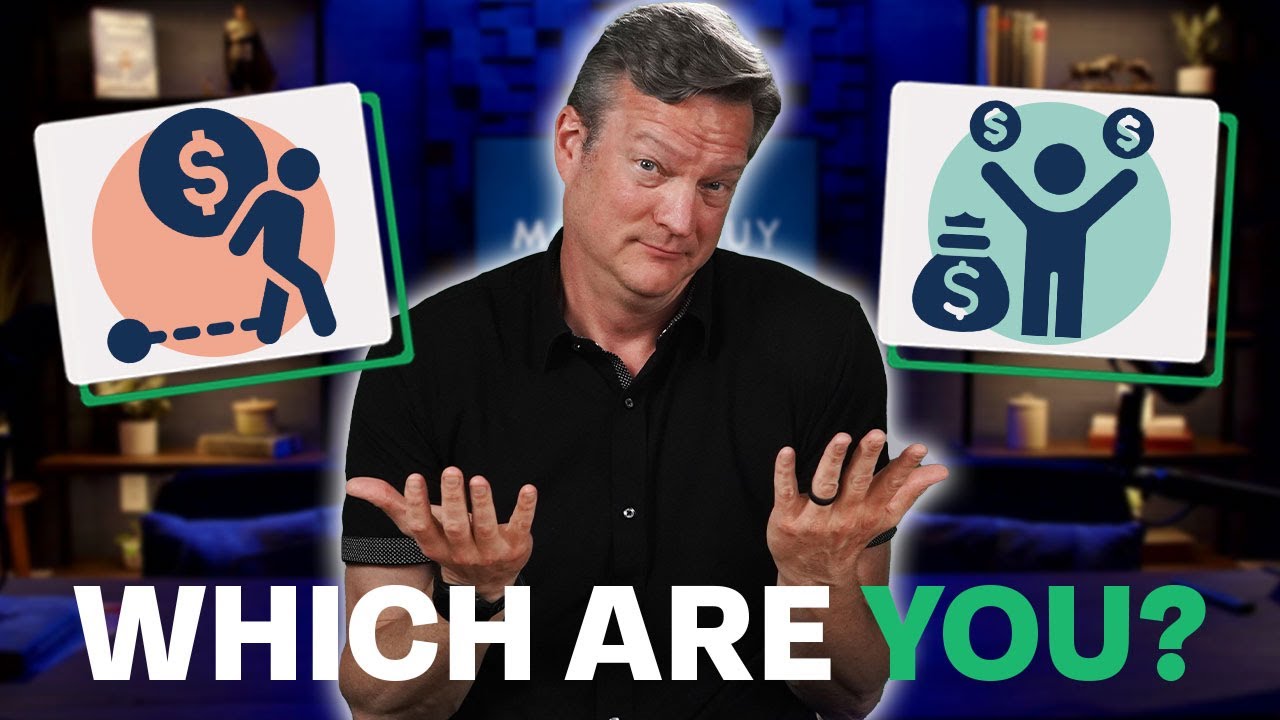Mary has a question for you guys: When you calculate your net worth, would you advise including the present appraised value of things like cars, especially the non-daily commute car? And then, would you invite advice on including things like points, jewelry, luxury bags, etc.? How do you factor these into your net worth statement, and which of these things do you not factor into your net worth statement?
Well, here is the beautiful thing about a net worth statement. It’s like a snowflake; it’s unique, it’s yours, and you get to design it the way you want to. So, what’s the right way to do it? I don’t know if we can exactly say what’s the right way. I’m going to share with you what you do, and I’ll share mine.
For real estate assets, I like to value them at the price I paid at purchase, not at market cost because I want to stay very, very conservative. I don’t want my net worth to go up by whatever amount simply because the value of the home that I’m not going to sell happened to go up by that amount. So, it’s really, really conservative.
You asked about the present appraised value on cars. I do that. I actually will mark down my cars to market value. An interesting thing I didn’t know is that Edmonds is usually more conservative than KBB on the values that they give you. So, starting this year, I started doing both of them so I can go with the lower number again because I just want to be super, super conservative. So, I’ll value my vehicles at the actual price that the market says I could get for a trade on those, and I always do the trade value because it’s less than private party. Again, I like to be conservative.
Then Mary asked about points and jewelry and whether there were some other things that she said in there. I mean, think about the big things, luxury items, things of that nature. What I do personally is consumable goods like luxury bags and stuff that aren’t collectibles that I don’t think are going to retain value. I personally don’t include them in our net worth, but I do include jewelry if it’s jewelry like the wedding stuff and the engagement ring and stuff that has material value to it.
And then, what I do is I have a catch-all category that I’ll call home furnishings. This is like the value of the craft that I put in the house, stuff that I try to do every two to three years. I’ll actually ding that value a little bit unless we redo a room or we improve or do something like that. But, again, I want that to stay really, really conservative because I want my net worth to conservatively reflect what can take care of me when I stop working. So, I always aim to be super conservative. Those are the things that I include in mine.
Yeah, so I’ll just be transparent and tell you what I do because I just did my net worth two days ago. I do the same thing on the house as Bo. I do cost, not market. Now look, a lot of people get thrown off there. Like, what if you put an addition on your house? Well, that’s a cost, so you add. You actually get to increase. I do that because as the CFO and CEO of this enterprise, I want to know the actual financial assets or use of assets I plan to use in retirement. Specifically, I want to know what my financial assets are doing versus my use assets. My house is a personal use asset, and I don’t want its appreciation to skew my ability to have an executive dashboard that shows what’s going on with my finances. If things got tough, I’m not getting rid of my house as it is the shelter for my family.
When it comes to cars, I don’t waste as many calories as Bo does. I go on Kelly Blue Book, which even has the option to input the model, mileage, and version of the car to get the price. I usually go with a good, not very good or excellent, as they always tell you that fifty percent of cars are good, so I keep it conservative. I update that quickly, so I can be in and out.
Regarding jewelry, firearms, handbags, and other valuables, these are the things that you need to separately list typically with your Property and Casualty Insurance. I want you to make sure that you are at least paying respect from the Property and Casualty Insurance if you have valuable things like these. You might be surprised what’s already automatically covered, but then you need to be very aware of what it does and doesn’t cover so you can know if you need to buy separate coverage for those outside things. When it comes to net worth, I try to minimize the impact of use assets when using my net worth statements dashboard.
For more information, check out our free deliverable called, “Net Worth By Age (Compared to Peers).”













